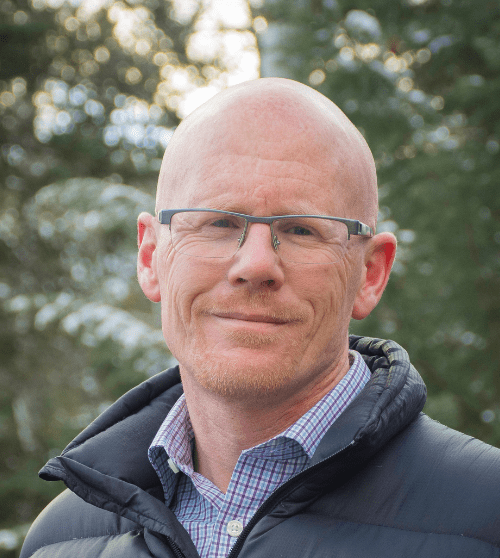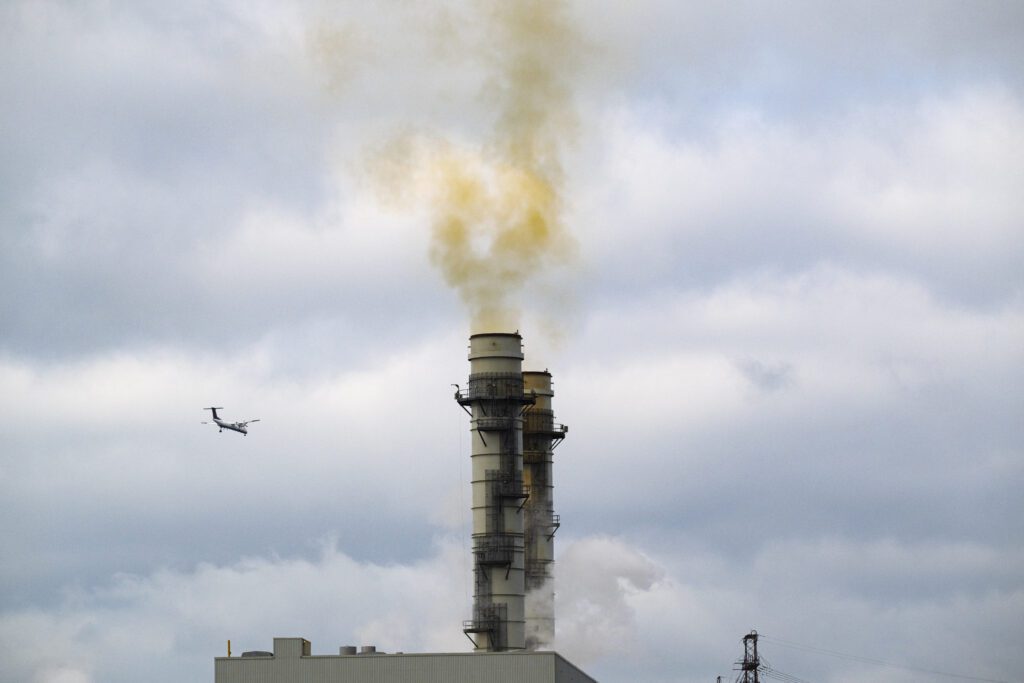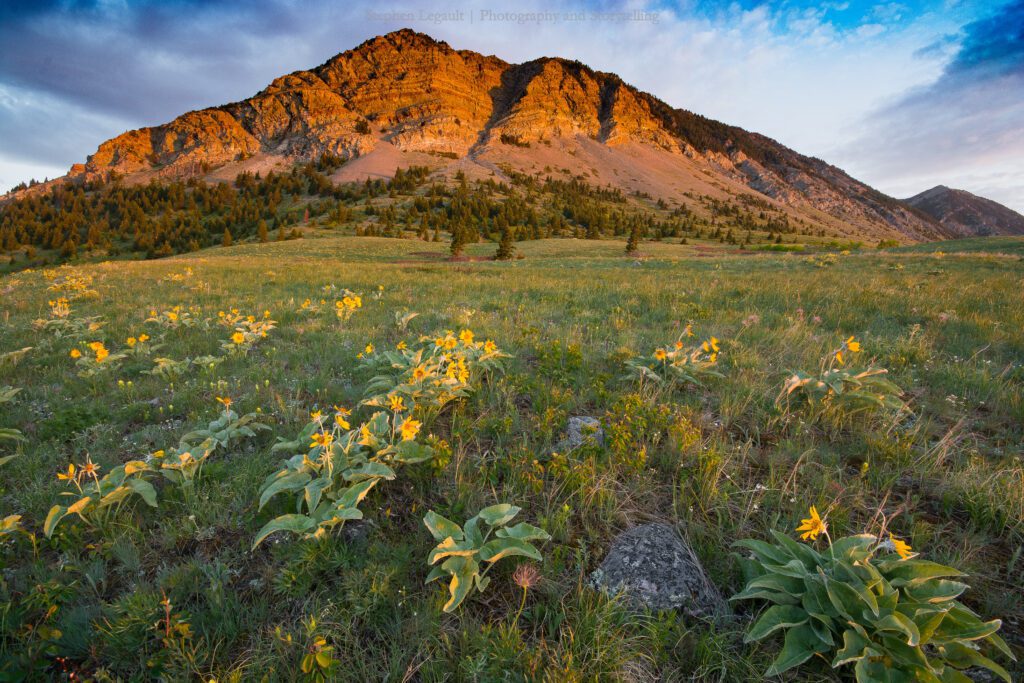Climate Change and Energy’s Future
At last count, Premier Smith was pushing a “new” idea, to resurrect the Trans Mountain Pipeline, a rebirth of Energy East, and connecting the oil sand to James Bay. While the Premier may dismiss climate change concerns, most Canadians, including many Albertans, are experiencing its serious impacts on communities, economies, and ecosystems.
The list of climate-related disasters is depressingly long, with numerous events already reported in 2025. Terrible fires, community-killing floods, crop-destroying droughts, heatwaves, and heat domes; climate change is truly transforming Canada and the world into one long, unstable, unpredictable disaster.
Simply stated, more pipelines mean that more fossil fuels are pumped or mined from the ground, which are eventually burned, producing more greenhouse gases. As my colleague Emilia Belliveau says, “pipelines enable more fossil fuel use. We need less.” Much, much less, and targets and international agreements be damned.
The Ethics Problem
Nor can we keep dragging out the “ethical oil” argument, which the new federal Minister of Natural Resources did recently at an oil and gas love-fest. Canada’s negligence and disregard for downstream communities are not ethical; they are demeaning and dangerous.
Currently, the world consumes approximately 100 million barrels of oil per day, with around four million barrels originating from Alberta. Our oil is carbon-intensive and very expensive. When refineries are making choices about which products will be “the last barrel,” it seems unlikely it will be Alberta’s.
Making Money is Fun!
Most of us are aware that the pipeline predicament is merely a means for Premier Smith to prop up companies that are on the brink of decline. But what if our leaders weren’t so deep in the pockets of the oil sands companies that they could look forward, instead of picking through pocket lint for corporate support?
We’d be investing in solar, wind, geothermal and battery storage capacity. We’d be spending public money on projects like developing a national electrical transmission network so provinces could support each other in reaching their low-carbon emissions goals. We’d invest in energy efficiency, because making our homes, offices and industries twenty-five per cent more efficient means that we need twenty-five per cent fewer natural gas wells, pipelines and refineries.
How about we make money building the future, rather than throwing cash into the giant money pit of stranded investments and declining industrial sectors?
According to the International Energy Agency, which just ten years ago was a major booster of oil and gas, and is now warning us that the energy transition is WELL underway, sometime between 2028 and 2032, the world’s demand for oil and gas will peak, and start to decline by around one or two per cent a year.
The massive investment of $50 billion or more that another pipeline would require would be better spent on renewable energy projects. The time it takes to complete another pipeline will run out the clock on any further profitable time in the oil and gas sector.
While Premier Smith is happy to repeat her mantra that Alberta believes the world needs more Alberta oil and gas products, the world doesn’t appear to be buying it. Literally.
There are plenty of kooky ideas out there, and pipelines to nowhere are at the top of the list. If you would like to take action, consider sending a letter of support to Premier Smith asking that she reverse her decisions to gut Alberta’s renewable energy market. We can stop the kookiness if we all get involved.
Miss part one? See here.








